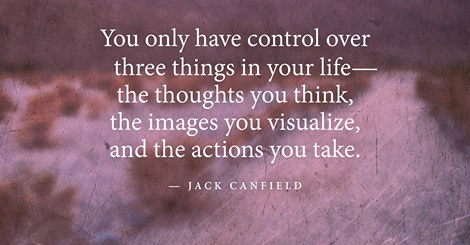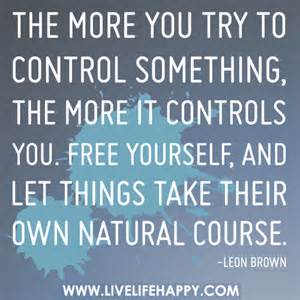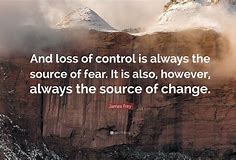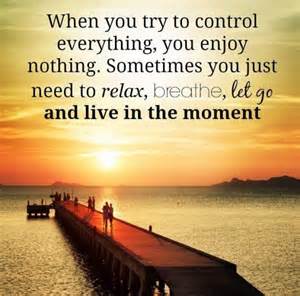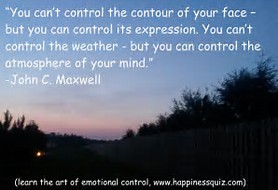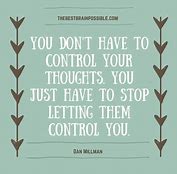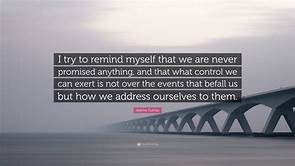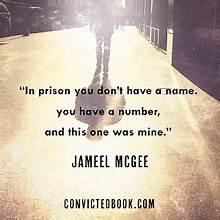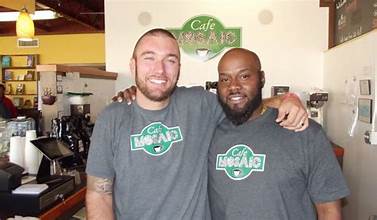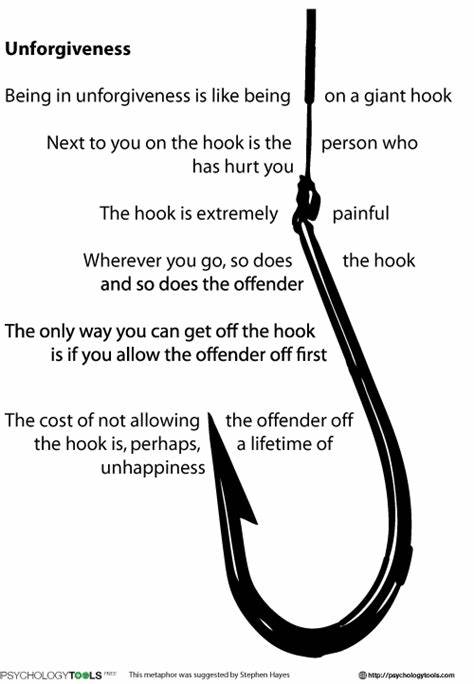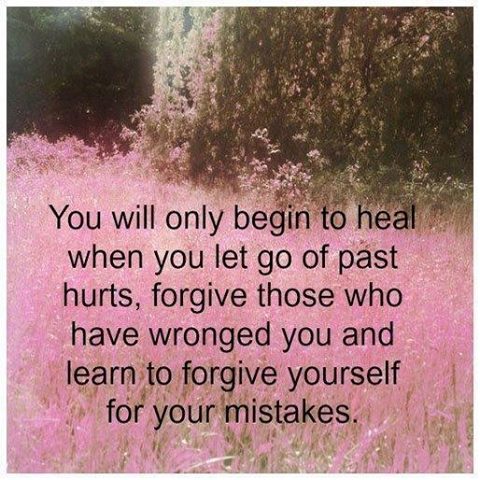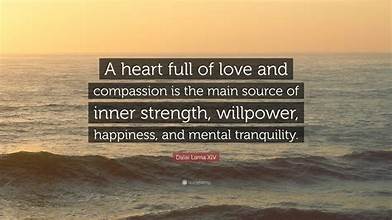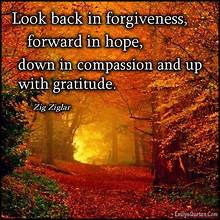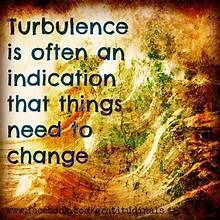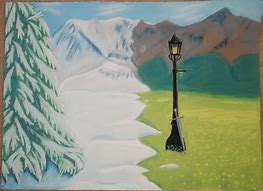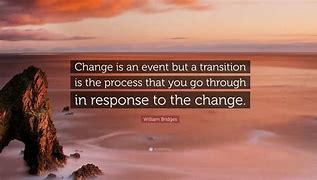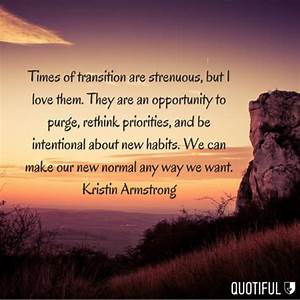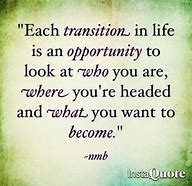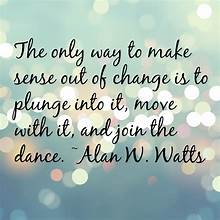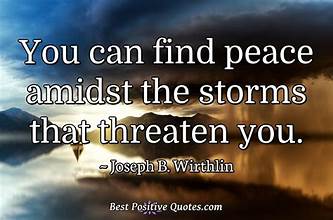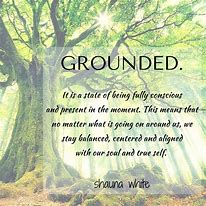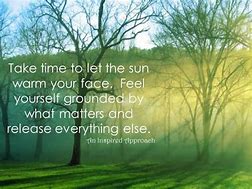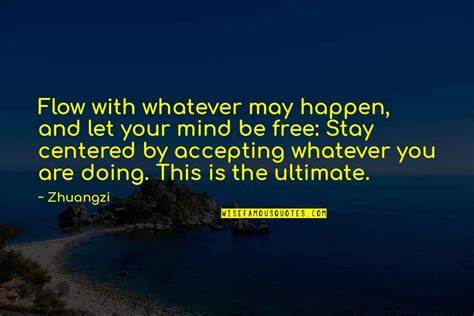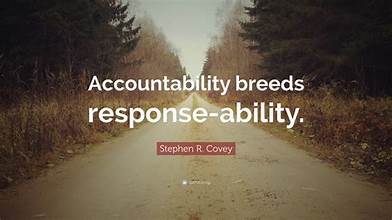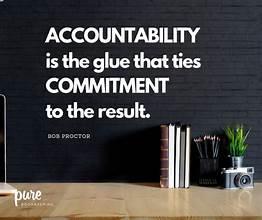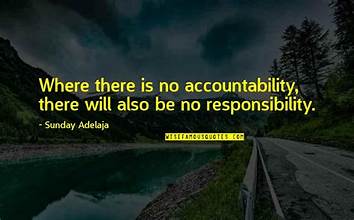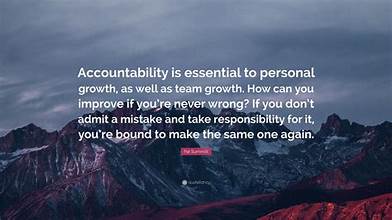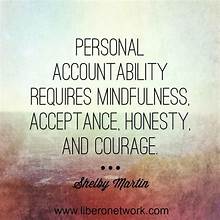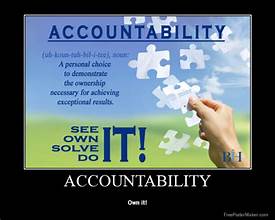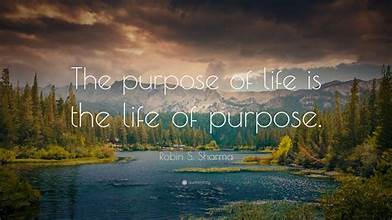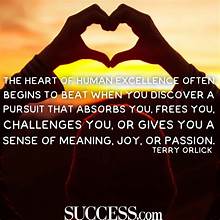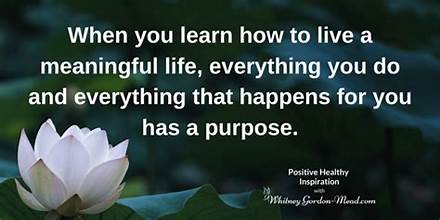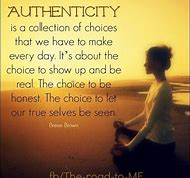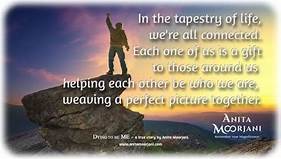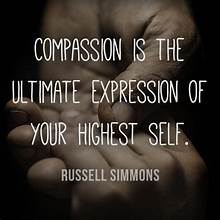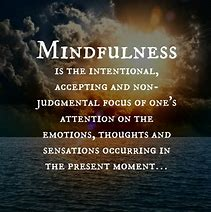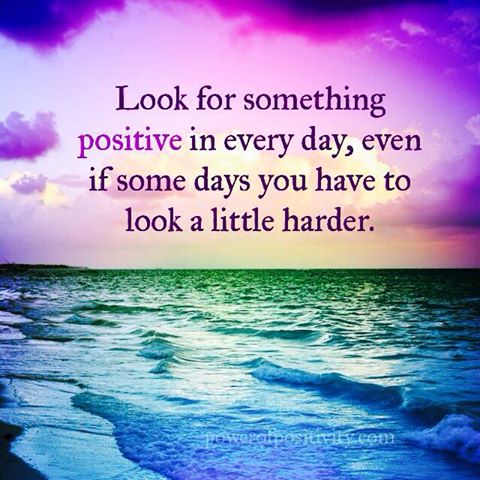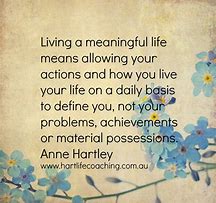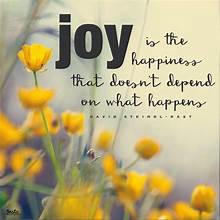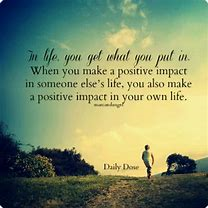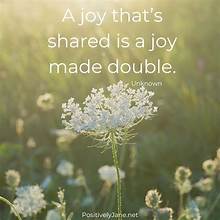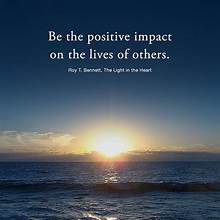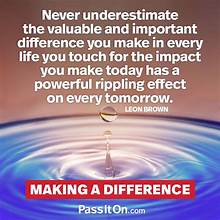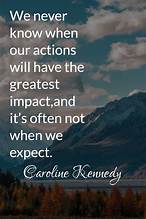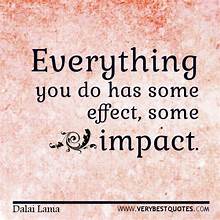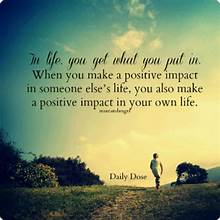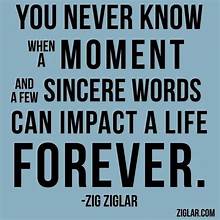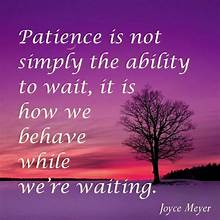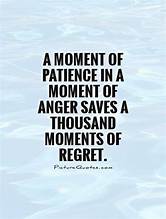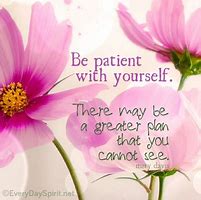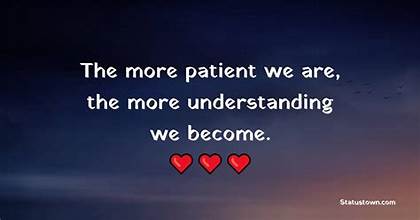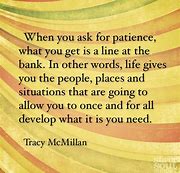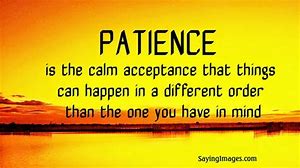I don’t know about you, but on my life journey, I’ve had many moments in which my “jaw dropped” or my arms were covered with “goosebumps” as a result of someone or something I had seen. I believe many who experienced the solar eclipse on Monday, April 8, 2024 felt this way, especially those in the path of totality. Friends who live in one of the path of totality cities described the event as “awe inspiring, wondrous, breathtaking, marvelous, stunning, fantastic, extraordinary, and incredible.” It was a moment that took the breath away from many and filled most with amazement.
It shouldn’t take a show of nature, like the solar eclipse, for us to have our breath taken away or to be filled with amazement. The simple things that fill our days should also fill us with awe and wonder, things like an especially moving piece of music, watching a young child take his or her first steps, seeing an eagle take flight, or the joyous smile of a loved one who has dementia when he or she recognizes our voice. To be able to experience awe and wonder with both momentous as well as with simple things adds a measure of pleasure to our life and means that our inner child is alive and well.
Our inner child is that part of us that takes us back to a time when: we were free spirits; our imaginations would run wild; we were creative beyond reason; our days were filled with laugher, fun, joy, and play; we were wildly happy about anything and everything; we weren’t afraid to take a risk or make a mistake; we bounced back from any type of daily disruption; we lived in the moment. Our inner child allows us to maintain an attitude of childlike wonder, a way of seeing the magic in ordinary things and finding the fun and joy in simple things. Childlike wonder allows us to: have little or no fear of the unknown, venture out of our comfort zone, be imaginative and creative, have little or no fear of failure, be a visionary, take on challenges, believe we can achieve whatever we conceive, and try new things.
Our inner child and the qualities of childlike wonder help us throughout our life journey. We encounter many challenges along our life journey (change being one of them). Think how much easier it would be to deal with challenges if we take a step back, take a deep breath, and look at what is facing us with “childlike wonder.” See something for the “first time.” Be fearless. Think: so what if I make a mistake or fail. Think: what is the wildest thing I can think of to solve this issue or deal with this problem?
In addition to the positive qualities of childlike wonder, researchers like Gallagher, Piff, Reinerman, Shiota, and a host of others are finding that experiencing awe and wonder can improve our quality of life by sparking feelings of happiness and contentment, improving our mood, promoting positive behavior towards others, enhancing our critical thinking skills, and helping us keep things in perspective. Psychologist and author of Awestruck: How Embracing Wonder Can Make You Happier, Healthier, and More Connected Jonah Paquette tells us that, “Awe blurs the line between the self and the world around us, diminishes the ego, and links us to the greater forces that surround us in the world and the larger universe.”
Awe not only makes us feel better but it connects us with others. It behooves us to remain open to awe and wonder and we can do so by:
- Avoiding being cynical.
- Looking for the extraordinary in the ordinary.
- Looking at things as if we were seeing it for the first time.
- Quieting our minds and allowing ourselves to see and sense what is around us.
- Taking time to appreciate the awe moment.
- Being sensory aware of sights, sounds, scents and textures.
- Remaining open at all times to receive the unexpected as well as what we think is coming.
- Doing things that make us smile and laugh.
- Feeding our curiosity.
- Enjoying the present moment.
- Relishing the small things in life.
Our life journey will be enhanced if we can remain open to awe and wonder for doing so opens up endless possibilities for us. This approach allows us to be more creative, imaginative, innovative, divergent, or just plain different in how we deal with or solve any challenges we face along the journey. Just think how much more positive, joyous, and fulfilling our lives would be if most of the moments in each day were punctuated by exclamation marks instead of periods or question marks! Let’s make it a priority of seeing the magic in and finding the fun and joy in ordinary things.









